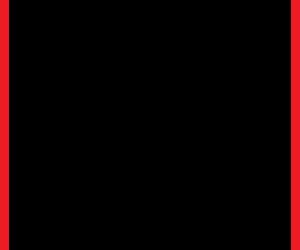A sip into court
January 31, 2017
Right inside a dimly lit house, a large group of students are passing out cups of special juice to those entering. One by one, they continue to drink, dance and forget about the stressors of school.
In an instant everything goes wrong and the police are now involved. You were once a student without a care in the world, and now you are facing court dates with possible jail time and a hearing with the Office of Student Conduct.
Fake IDs have been a problem across the nation’s college towns, but seem to be a growing problem at Kent State University.
Water Street Tavern manager Dan Friends said he has taken thousands of IDs in the last several years, and has no problem getting police approval before letting a student into his bar with questionable identification.
Water Street Tavern has a strict 21 and older policy after 9 p.m. with highly trained doormen checking identification for each person walking in. Friends said he uses a federally issued identification book to check out of state cards.
The bars are not the only place that experience underage drinking; residence housing often faces similar events. Kent State classifies the use of fake IDs as a misrepresentation of oneself and can be combined with city citations during a court hearing.
Kent State follows a judicial process through the Student Code of Conduct, or a list of 27 reasons students are investigated for bad conduct. Lisa Oddo, assistant director in the office of student conduct, conducts around 500 to 800 hearings a year. She said alcohol is not only alphabetically first on the list, but also the accusation most violated.
“We still want students to feel the climate of care at Kent State through these hard times,” said Oddo.
Kent State follows a more personal, educational, case-by-case process of discipline. If a student’s or student organization’s bad behavior violates the Student Code of Conduct, documentations or referrals will be sent to the university for investigation; hearing officers will listen to the case to better understand the student’s story.
“Alcohol caught in the dorm is a misdemeanor of the first degree,” said Tricia Knoles, media resource officer of Kent State police services. “They will then be referred to student conduct for underage consumption. We handle the criminal side, and they handle the conduct.”
Knoles said majority of students are offered the diversion program; paying a fine, community service and drug and alcohol awareness classes for underage drinking and false identification charges. However, there are some cases in which a student will spend six months in jail and pay $1000 fine.
“Kent State is here to offer the best college experience for all students, said Oddo. “Safety is the top priority.”














